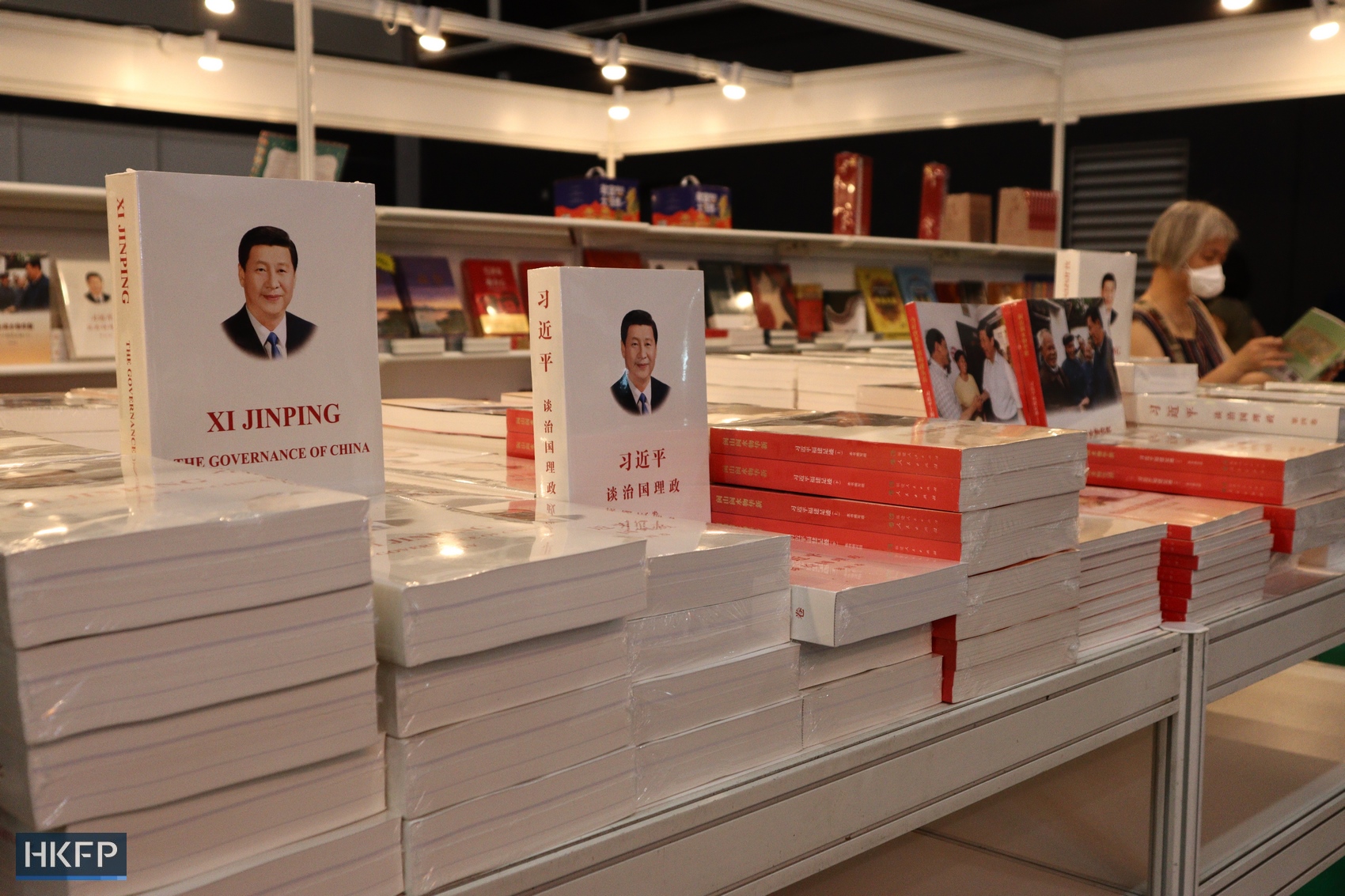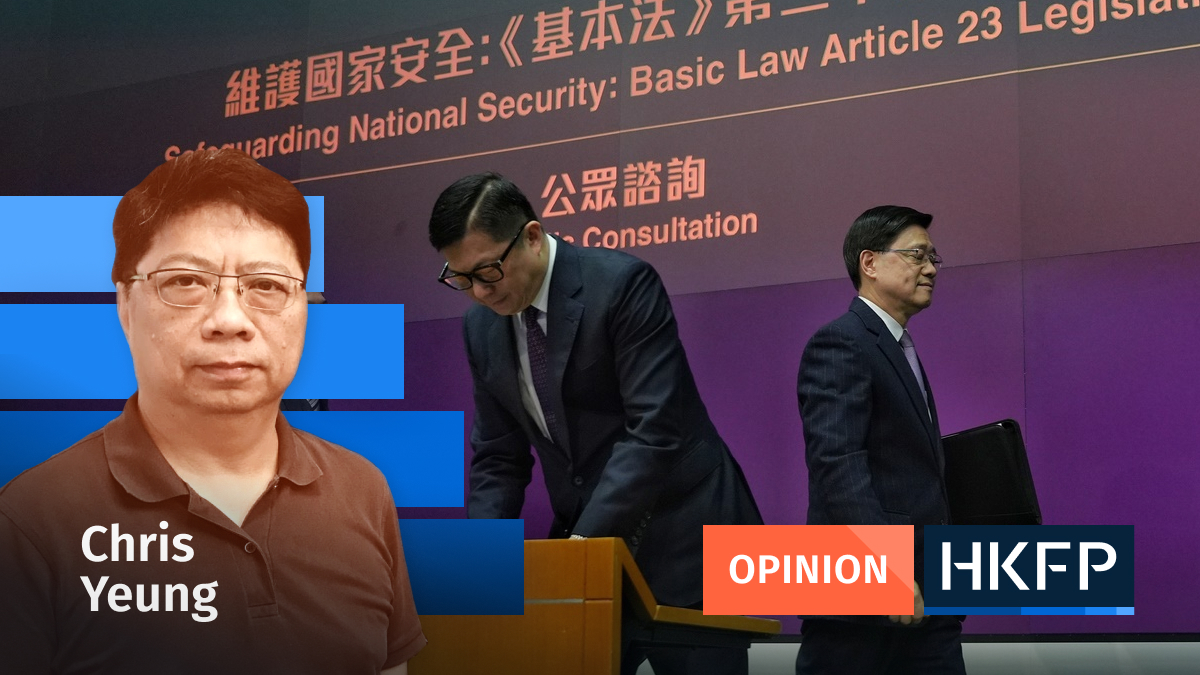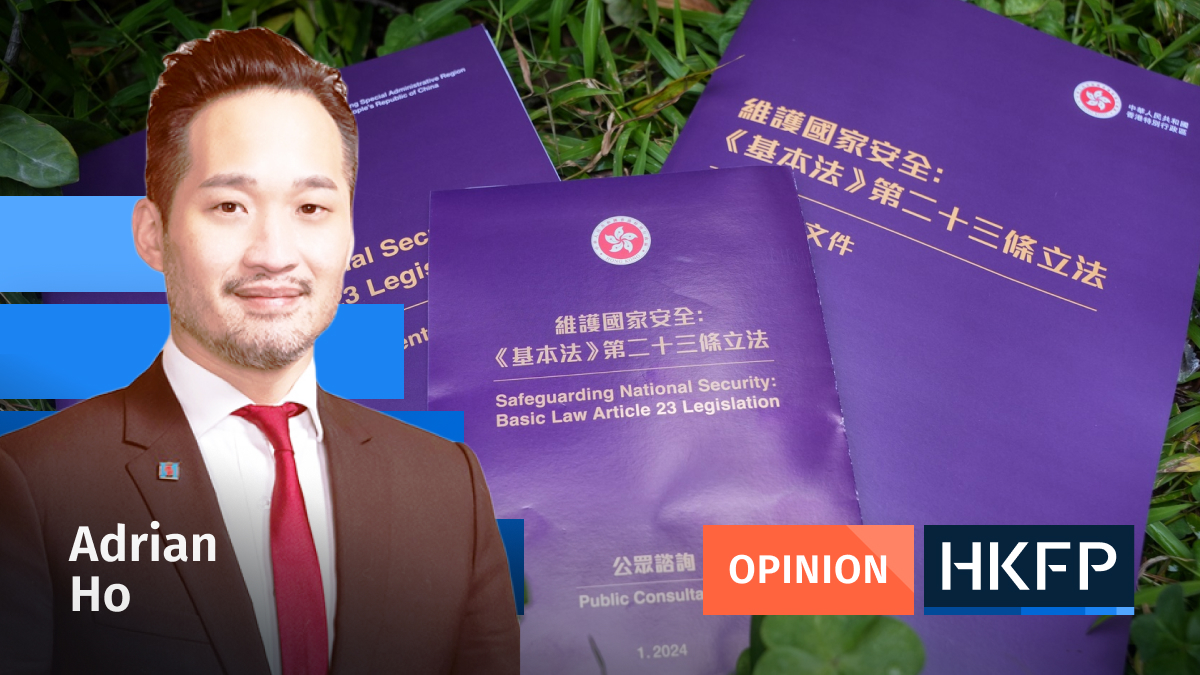President Xi Jinping’s speech in Hong Kong on July 1, outlining our future, has received wide attention. Unusually for Hong Kong, authorities have so far organised more than 60 sessions to study it and participants included thousands of civil servants. Subsequently authorities in education, social welfare, business and technology, political parties, trade unions, and community groups arranged study sessions aimed at people in the community, from kindergarten students to the Chief Executive. But we were told that at least in schools, learning about Xi’s speech was not yet “compulsory.” I am not aware that universities have so far organised such sessions for most staff and students.

Reportedly, the purpose of such sessions is to “learn” the speech, to promote it and implement it. In the words of education secretary Christine Choi, educators should organise the sessions to ensure that “all young people grasp the important concepts in the speech so that they understand their goals and dreams in life must be closely related to the future of the country.” A laudable goal that may appeal to many.
I see several problems with the approach so far. First, these activities run the real risk of formalism, that is, of simply performing performance, ticking boxes, and meeting some informal key performance indicator for the number and size of study sessions. This sort of KPI may not be what the people expect. Moreover, the Chinese Communist Party recognises formalism as a serious deviation from party-identified political correctness. The party organises campaigns at which it rails against formalism. Understanding the ideas in the speech are unlikely to come from learning, paraphrasing, or repeating it.

To avoid formalism, authorities need to solve people’s problems and to be seen to do so. In addition to organising study sessions, government should produce a daily tracker of, for example, the number of new public housing flats made available for those on the waiting list. How about a public housing dashboard, similar to our much-used Covid dashboard, that identifies goods and services delivered that the public expect? Authorities may call this the Xi Jinping dashboard if this helps the propaganda, focused only on delivered goods and services. Such a dashboard should not focus on the routinised civil service-type performance pledges of the past, set too low and captured by the civil service, that became mostly propaganda and therefore meaningless.

In his speech, Xi demanded that authorities live up to people’s expectations. Xi and our government leaders defined these expectations entirely as material goods and services, such as bigger apartments. Unfortunately, authorities have so far refused to investigate what are Hong Kong people’s expectations beyond basic essentials. Surveys reveal public expectations in Hong Kong are a mix of the material and non-material, such as non-material expectations to take part in and influence public affairs. So, a second step to avoid formalism is to investigate public expectations, which should become a credible, transparent, and ongoing activity. Many credible NGOs already do this and authorities should take their survey results seriously.
Second, and more importantly, the study sessions exposed a new political chasm separating our party-identified political class from the rest of us. The chaos of 2019 exposed fundamental political divisions in Hong Kong about the city’s future relationship to the mainland. These have not disappeared. Moreover, for decades we have watched as the gap between the rich and poor grows dangerously wider. Dangerous because inequality can become another source of instability.

Members of Hong Kong’s political class have their own activities and interests, most basically retaining their membership of the political class and the benefits it confers such as access and influence. Political study sessions highlight the gap between the political haves and have nots. Using the National Security Law and the new electoral arrangements, authorities shut out most Hongkongers from participation. This gap, too, may destabilise Hong Kong.
To manage a politically and economically divided Hong Kong, authorities must deliver on people’s expectations and be seen to do so. We don’t need propaganda about Xi’s speech, we need specific and concrete action. A problems-solved dashboard, anyone?
Support HKFP | Policies & Ethics | Error/typo? | Contact Us | Newsletter | Transparency & Annual Report | Apps
| HKFP is an impartial platform & does not necessarily share the views of opinion writers or advertisers. HKFP presents a diversity of views & regularly invites figures across the political spectrum to write for us. Press freedom is guaranteed under the Basic Law, security law, Bill of Rights and Chinese constitution. Opinion pieces aim to point out errors or defects in the government, law or policies, or aim to suggest ideas or alterations via legal means without an intention of hatred, discontent or hostility against the authorities or other communities. |
Help safeguard press freedom & keep HKFP free for all readers by supporting our team

More HKFP OPINION:
HKFP has an impartial stance, transparent funding, and balanced coverage guided by an Ethics Code and Corrections Policy.
Support press freedom & help us surpass 1,000 monthly Patrons: 100% independent, governed by an ethics code & not-for-profit.










